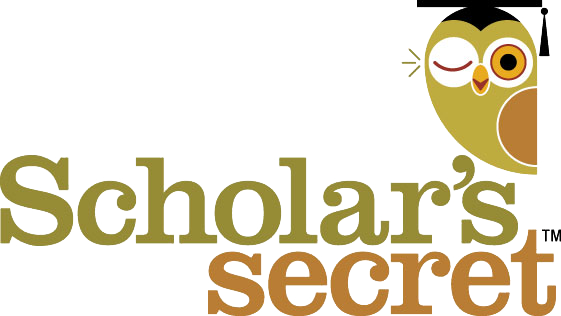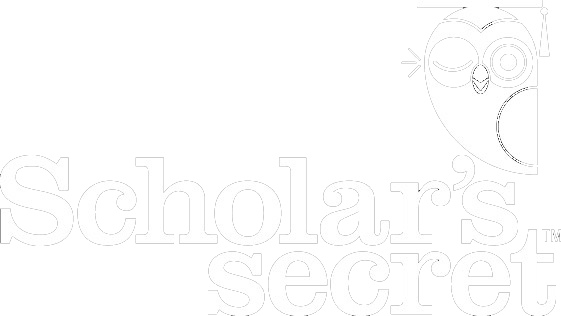Being smart might get you into college, but to succeed there and beyond, students need to become “info smart,” too. What’s the difference? Smart students “know the answer.” “Info smart” students recognize that a question might have more than one answer. They know when and how to tap into the body of knowledge to learn more. And by doing so, they’re able to formulate truly insightful answers to questions of all sorts. In other words, “info smart” (i.e., information literate) students can:
- Articulate their information needs
- Select and use strategies and tools to find the information they’re looking for
- Critically evaluate what they find
- Apply it appropriately (and ethically) to the task at hand
To expand her perspective on information literacy, the happy owl recently turned to practicing professionals in the field. And these experts agree: “info smarts” help students in their academic endeavors. As David Lewis, MLS and Dean of the IUPUI University Library, explains, “The most important thing [for students] to understand is that the world of scholarship exists.” Being aware of why and how scholars discover and share new knowledge enables students to zero in on the best information for their academic purposes.
But information literacy skills also set students on the course to becoming “responsible, self-sufficient, independent adults,” says Adam Gluckman, MLS and former member of the board of trustees at Indian Trails (IL) Public Library District. Robin Crumrin, MLS and Associate Dean at IUPUI University Library, agrees. “The ability to evaluate information is a life skill. It helps students make better decisions on anything – whom to vote for in the next election, what car to buy, where to live,” she says.
So in a world of ever-evolving information, what tips do experts recommend? Josette Jones, Ph.D., Assistant Professor at IU School of Informatics, says, “To find the “right” information… you must be persistent. No one search strategy is going to work all the time.” Allison Bruekner, MIS, Digital Services & Reference Librarian at Northville (MI) District Library, stresses the importance of tapping into specialized databases. “Stop ‘Googling,’” she implores, “and explore all the resources at your fingertips!”
Adam suggests students “follow the journalists’ practice of seeking (even demanding) independent verification of any piece of information,” while David reminds them to limit database searches to “scholarly (peer reviewed) journals.” All would agree that developing “info smarts” is crucial to success — and that the library is a great place to start!
Sound complicated? It’s really not! Contact Scholar’s Secret anytime for help honing your information literacy skills!
* Huge thanks to my admittedly unscientific (though undeniably wonderful) panel of experts! – Susan

